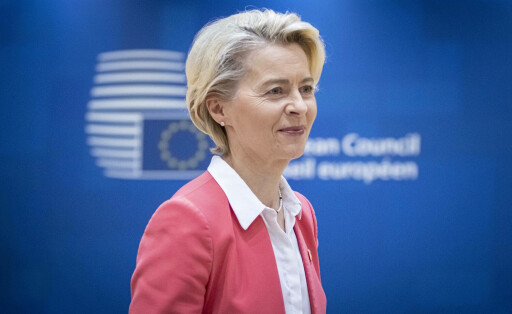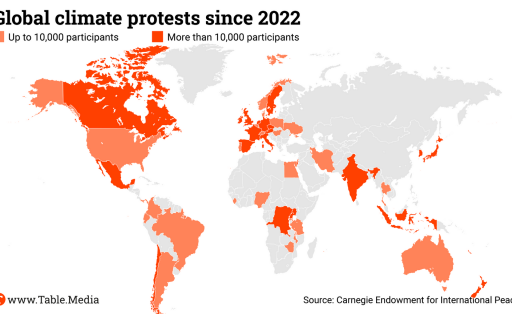
China's peace plan for Taiwan
Beijing presents a plan for peaceful unification with Taiwan. With much pathos and emphasis on economic opportunities, China courts the Taiwanese people and their companies. And simultaneously dispatches warships and fighter jets.
By Michael Radunski







